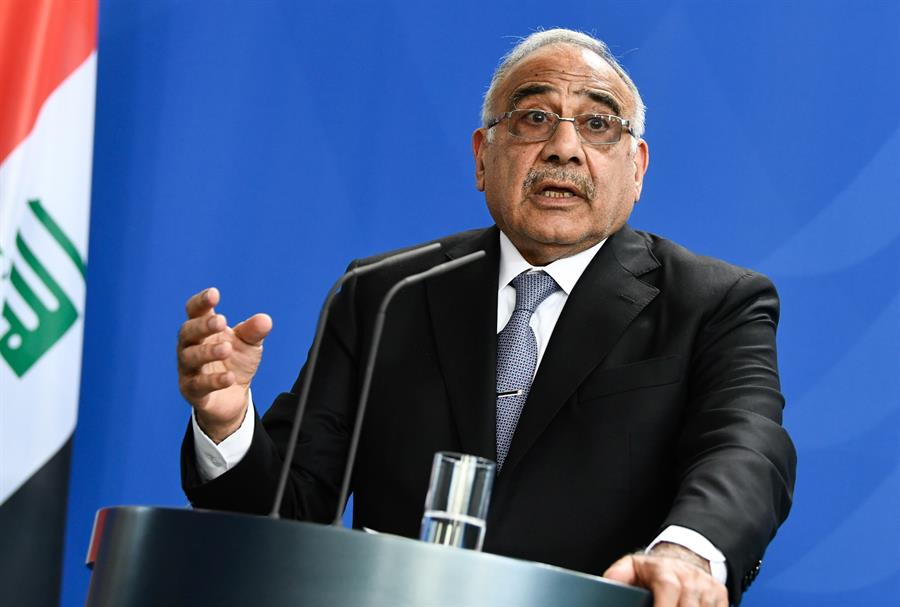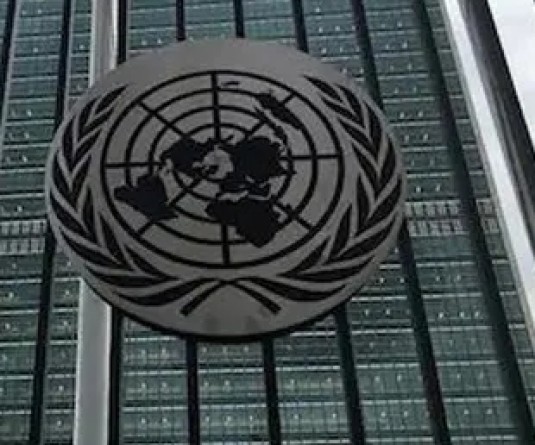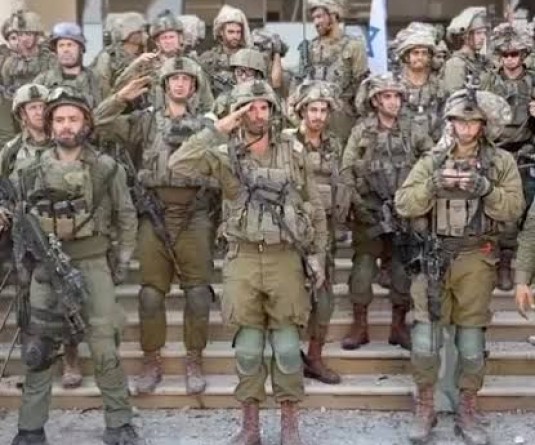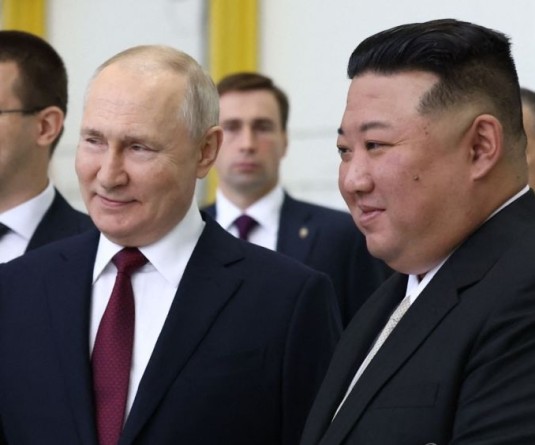Iraqi parliament approves premier’s resignation

Iraqi Prime Minister Adel Abdel-Mahdi speaks during a press conference at the Chancellery in Berlin, Germany on April 30, 2019. (EPA-EFE File Photo)
Baghdad, December 1 (EFE-EPA): Iraq’s parliament on Sunday accepted Prime Minister Adel Abdul-Mahdi's resignation after two months of deadly anti-government demonstrations in the country.
Abdel-Mahdi tendered his resignation on Friday after the country’s top Shiite cleric Ali al-Sistani denounced in a speech the violence in the southern city of Nasiriyah.
State media said that the Iraqi MPs gathered for a special session to vote on the premier’s resignation presented to the parliament in writing on Saturday.
Abdel-Mahdi on Friday said that if the parliament accepted his resignation, his government would turn into a caretaker cabinet pending the formation of a new one.
Under the Iraqi constitution, the largest political bloc would have to propose a new candidate, whom the President, Barham Saleh, will then assign to form a cabinet within 30 days.
The bloc with the majority of seats is Saairun Alliance led by influential Shiite cleric Muqtada al-Sadr, who stressed Friday Abdel-Mahdi’s departure is “the first fruits of the revolution and not the last.”
He also suggested that the nomination of the new prime minister should be decided through a popular referendum among five candidates.
Earlier on the day, the Iraqi Supreme Council said that an arrest warrant was issued against a military chief for allegedly ordering a deadly clampdown on protesters in the southern province of Dhi Qar.
General Jamil al-Shammari, who was removed from his post and banned from traveling, was in charge of the security crisis cell of Dhi Qar, where about 50 people were killed during clashes between security forces and protesters in recent days.
On Wednesday, protesters torched the Iranian consulate building in the southern city of Najaf, located north of Nasiriyah, the capital city of Dhi Qar.
Mass demonstrations erupted in Iraq on 1 October and have recently intensified in the Shiite-majority southern provinces over the intervention of Iran in Iraq’s internal affairs.
At least 400 people were killed and over 16,000 others injured amid the protests decrying the lack of public services and employment opportunities mainly in Baghdad and other areas in the south.





